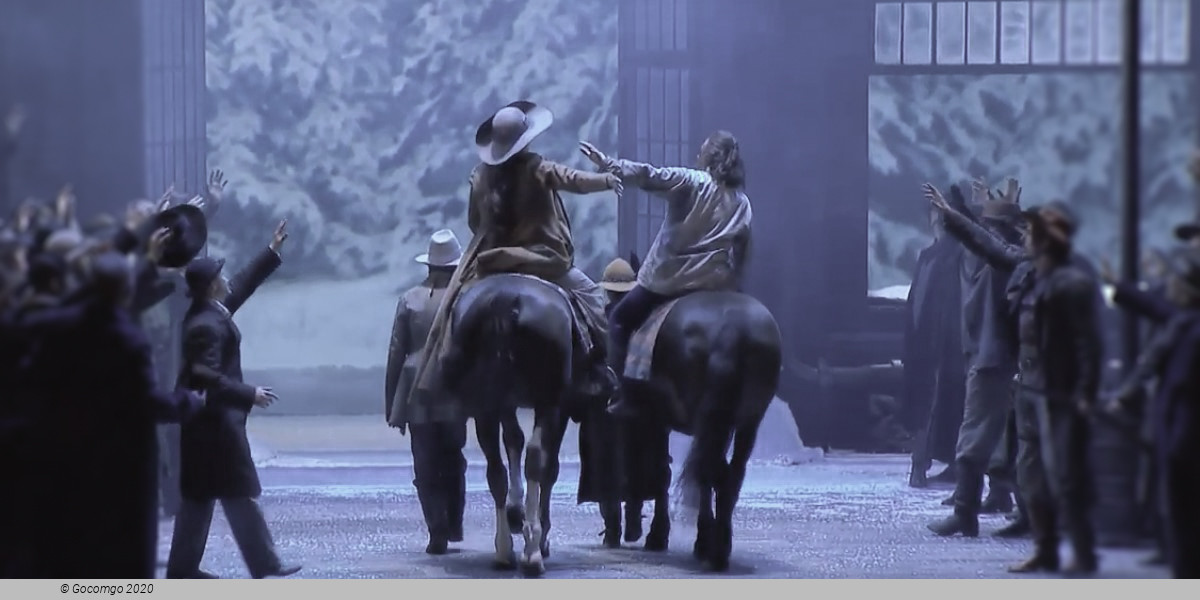Events1 results
About
Guelfo Civinini (Livorno, 1 August 1873 - Rome, 10 April 1954) was an Italian writer, poet, journalist and explorer.
The parents Francesco and Quintilia Lazzerini, of Pistoia origin, resided in Grosseto, where Civinini spent most of his childhood. Because of the malaria, which still afflicted the Maremma, in the summer, to escape the most dangerous period, according to the custom of extinction, Guelph's parents used to move to Livorno, where the writer was born. After the early death of his father and the second marriage of his mother, Civinini moved with his family to Rome, where he finished his studies at the "Umberto I" high school, whose principal Giuseppe Chiarini, a critic and literary friend of Carducci, to reproach him with a lie and having already glimpsed the literary possibilities, he predicted a future as a journalist.
Guelfo Civinini portrayed by Domenico Baccarini in 1904.
In Rome, Guelph married Giuseppina (Pina) Mazzara Bridgtower, great-grandson of George Polgreen Bridgtower, a famous mulatto violinist raised at the court of England, under the protection of the future Prince of Wales, George IV. Found at first a job at the Ministry of War, with his brother Ricciotto Pietro, also a writer, he began to frequent the Roman literary environment that met in the historic Third Room of the Caffè Aragno. From 1895 onwards he began to collaborate with news articles and literary criticism in various newspapers and magazines such as "Il Marzocco", "La Riviera Ligure", "La Riforma", "La Tribuna", "The decanting of ideas", " La Patria "and the" Avanti! Della Domenica ". As his pseudonyms in these collaborations we can find Ricciardetto, Accard, Baccio Cellini, Baccellino, Muscardin and Pilusky.
In "La Patria" in particular he also took care of art criticism, presenting and promoting the work of young artists, such as, for example, the Faenza painter and sculptor Domenico Baccarini. The literary production of Civinini began with two collections of crepuscular intonation poems, L'urna, and The paths and the clouds, and with some theatrical works. In 1906 with the novel Gattacieca he won his first literary prize. Giovanni Verga, Luigi Capuana and Federico De Roberto were on the jury. In 1908 he replaced Carlo Zangarini in the writing of the libretto of La fanciulla del West, with music by Giacomo Puccini.


